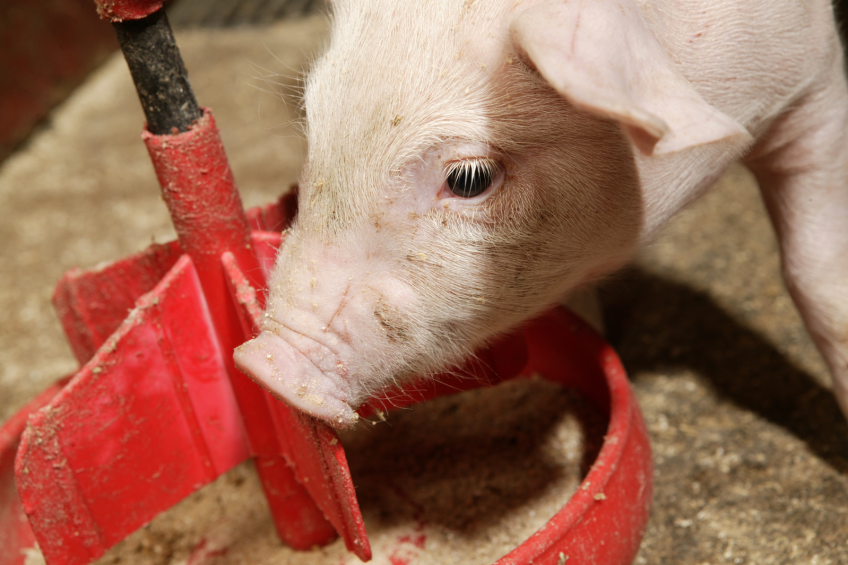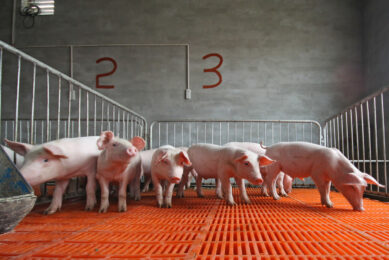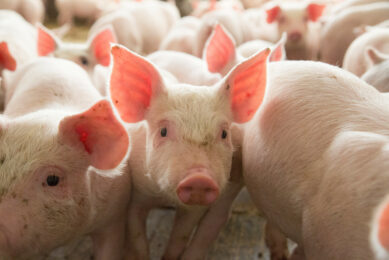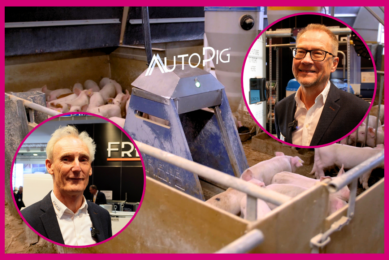Achieving consistent results from feed enzymes

Understanding the negative effects of non-starch polysaccharides (NSPs) on nutrient digestibility and animal performance is the key to achieving consistent results from the feed enzymes designed to reduce them, according to AB Vista’s senior research manager, Dr Nell Masey O’Neill.
“Despite three decades of commercial use, there is still little consensus on how to achieve the greatest benefits when including NSP-degrading enzymes in monogastric feeds,” she states. “This is mainly due to a poor understanding of both the NSP substrate and their interactions with NSP enzymes, and a subsequent failure to optimise NSP enzyme use.”
Whilst soluble long-chain β-glucans (in barley) and xylans (in wheat) are the primary NSPs responsible for increased digesta viscosity, nutrient utilisation is further reduced by insoluble NSPs in plant cell walls acting as a physical barrier that limits starch and protein digestibility. In addition, certain end-products of NSP breakdown are now known to promote beneficial gut bacteria at the expense of those which may be pathogenic.
“This is the reason why Econase XT – which degrades soluble and insoluble xylans – can improve nutrient utilisation in wheat-based diets (where soluble and insoluble xylans can be problematic) and corn-based diets (where insoluble xylans dominate),” Dr Masey O’Neill- continues. “It is also why the effects of combining multiple feed enzymes into a single product are not additive, or necessarily worthwhile – any additional breakdown activity may be superfluous, or even detrimental to those beneficial end-products.
“It means that individual enzyme characteristics and dose are far more important than the number of enzyme activities present, and is why a high quality, dose-optimised single enzyme product like Econase XT will generally provide greatest value for money and return on investment.”
Clarifying misunderstandings around NSPs, their impact on animal performance and how to optimise NSP enzyme use will be a key focus at the International Non-Starch Polysaccharide (Inspire) Forum, sponsored by AB Vista and taking place between 31st March and 2nd April 2014 in Pitlochry Scotland. For more information contact AB Vista on +44(0)1672 517 650 or visit inspireforum.com











